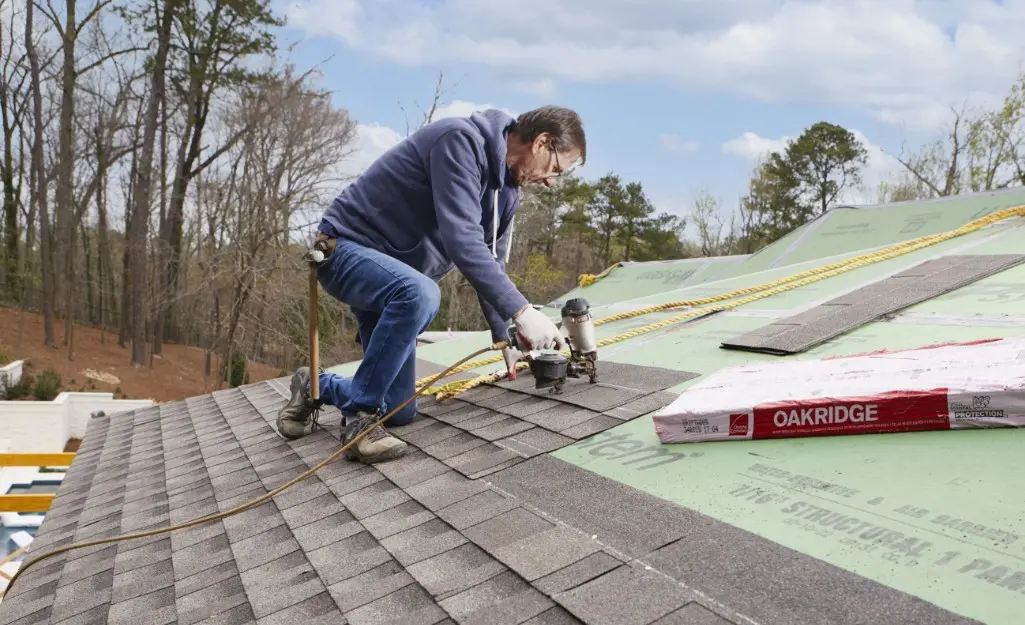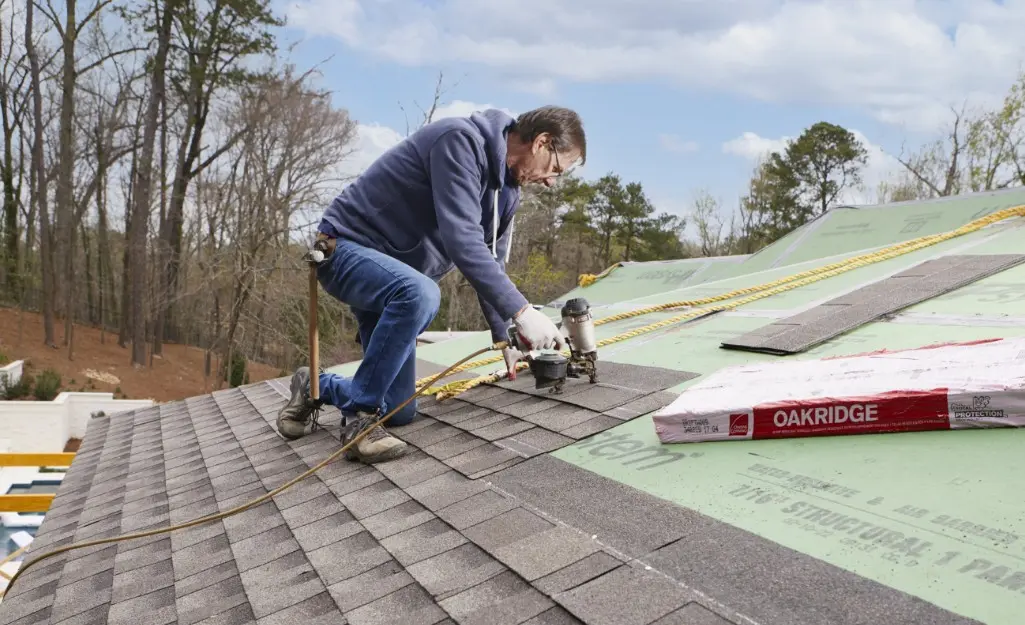When it comes to maintaining the integrity of your home, the roof is one of the most critical components. Over time, roofs can suffer from wear and tear, leading many homeowners to face the dilemma of whether to opt for a roof replacement or a roof repair. Each option has its advantages and disadvantages, and understanding these can help you make an informed decision that ultimately saves you money in the long run. In this article, we will explore the differences between roof replacement and roof repair, the factors to consider, and how to determine which option is best for your home.
Understanding Roof Repair
Roof repair is generally the first line of action when you notice issues with your roofing system. Repairs can range from simple fixes, such as patching leaks, to more complex jobs like replacing damaged shingles. A myriad of factors can affect the condition of your roof, including weather, age, and maintenance habits. Here are some key points to consider regarding roof repair:
- Cost-Effectiveness: Repairs are typically less expensive than full replacements. Depending on the extent of the damage, you might only need to spend a few hundred dollars for a repair, compared to thousands for a replacement.
- Quick Fix: Repairs can often be completed in a matter of hours or days, making it a faster solution to immediate roofing issues.
- Preservation of Roofing Material: If your roof is relatively new and in good condition, repairs can extend its lifespan without the need for a complete overhaul.
When is Roof Repair a Viable Option?
Roof repair makes sense in various situations, including:
- If the damage is localized (e.g., a few missing shingles)
- When the roof is relatively new and has a significant remaining lifespan
- If the underlying structure of the roof is still sound
- When the roof has never been repaired before and shows minimal signs of wear
Understanding Roof Replacement
Roof replacement refers to the complete removal of your existing roof system and installation of a new one. This option is often considered when the roof has extensive damage that cannot be repaired effectively. Here are some important considerations regarding roof replacement:
- Higher Upfront Costs: Roof replacements come with a significant initial expense, often ranging from $5,000 to $20,000 or more, depending on the size and materials used.
- Long-Term Investment: While the upfront costs are high, a new roof can last 20 years or more, making it a worthwhile investment in the long run.
- Improved Energy Efficiency: New roofing materials are often designed to be more energy-efficient, which can lower your heating and cooling costs.
When is Roof Replacement Necessary?
Roof replacement is usually necessary in the following scenarios:
- If the roof is over 20 years old
- When there are widespread issues, such as sagging, extensive leaks, or rotting
- If the roofing material is no longer effective (e.g., asphalt shingles curling or cracking)
- When you plan to sell your home and want to increase its value
Comparing Costs: Roof Repair vs. Roof Replacement
Deciding between roof repair and roof replacement often comes down to cost. Below is a comparison of the average costs associated with each option:
| Service | Average Cost | Typical Lifespan |
|---|---|---|
| Roof Repair | $300 - $1,500 | 5 - 10 years (depending on the extent of the repair) |
| Roof Replacement | $5,000 - $20,000+ | 20 - 30 years (depending on material quality) |
Long-Term Savings: Roof Repair vs. Roof Replacement
While roof repairs are often cheaper in the short term, they might not always be the most economical choice in the long run. Here’s how to evaluate the long-term savings associated with each option:
1. Frequency of Repairs
If you find yourself needing frequent repairs, the cumulative costs can quickly approach or exceed the cost of a full roof replacement. As the roof ages, more problems are likely to arise, leading to a cycle of ongoing expenses.
2. Energy Efficiency
A new roof can improve your home’s energy efficiency, potentially lowering utility bills. If your old roof is not properly insulated or ventilated, it may be costing you more in heating and cooling expenses than you realize.
3. Home Value
A new roof can significantly increase the value of your home, particularly if you plan to sell in the near future. Prospective buyers are often willing to pay more for a home with a new roof, knowing they won’t face immediate replacement costs.
Factors Influencing Your Decision
Several factors can help guide your decision between roof repair and replacement:
1. Age of the Roof
The age of your roof is a crucial consideration. If your roof is nearing the end of its lifespan, replacement may be the wiser choice. A roof that is 15 years old with minor issues could still benefit from repairs, but one that is 25 years old with problems likely needs replacement.
2. Extent of Damage
Assess the extent of the damage. If you have a few missing shingles or localized issues, repairs may be the way to go. However, if you have widespread damage, such as extensive leaks or sagging, replacement is likely your best option.
3. Roof Type and Material
The type of roofing material can also influence your decision. Some materials, like metal or slate, can last longer and may justify the cost of replacement. In contrast, asphalt shingles may require more frequent repairs.
4. Budget Considerations
Your budget will play a significant role in your decision. If you have the financial means for a full replacement, it may save you money in the long run. If not, focus on repairs until you can afford to replace the roof.
Consulting with Professionals
Before making a final decision, it’s essential to consult with a professional roofing contractor. They can provide a thorough inspection and offer advice tailored to your specific situation. A professional can help you weigh the pros and cons of each option, taking into account your budget, roof type, and the extent of any damage.
DIY vs. Hiring a Professional
Some homeowners may consider handling roof repairs themselves to save money. However, this approach can be risky and may lead to more significant issues if not done correctly. Here are some key points to consider:
1. Safety Risks
Working on a roof can be dangerous, especially for those without experience. Falls from heights can result in serious injuries, so it’s crucial to prioritize safety.
2. Quality of Work
Professional contractors have the skills and experience to ensure repairs or replacements are done correctly. Poor workmanship can lead to further issues down the line, negating any cost savings.
3. Warranty Considerations
Many roofing materials come with warranties that may be voided if not installed by a professional. Hiring a contractor ensures that your warranty remains intact.
Conclusion
Deciding between roof replacement and roof repair is a significant decision that can affect your home’s safety, energy efficiency, and value. While repairs can be a cost-effective short-term solution, they might not always be the best long-term investment. On the other hand, roof replacements come with higher upfront costs but can save money over time through increased energy efficiency and reduced maintenance needs.
Ultimately, it’s essential to assess the age and condition of your roof, your budget, and your long-term plans for your home. Consulting with a professional roofing contractor can provide valuable insights and help you make a well-informed decision tailored to your specific needs. By carefully weighing your options, you can ensure that you choose the roofing solution that saves you the most in the long run.


